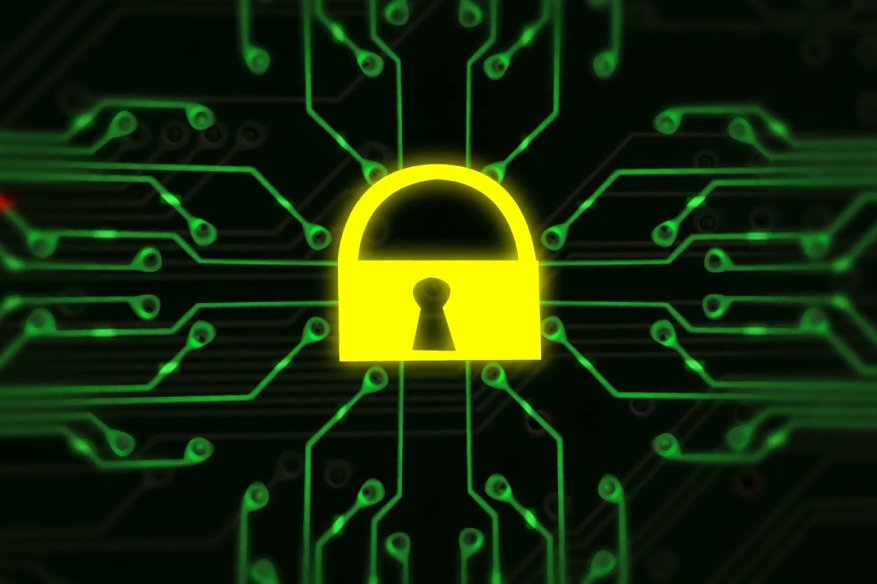Millennial Generation in the era of Cybersecurity Failures

The millennial generation has already started becoming an influential force in the workforce, hot on the heels of Generation X which it immediately succeeds. Millennials are people born from 1981 to 1996, according to the research released by Pew Research Center. They can be considered as the most technologically savvy age group, and highly aware of electronic devices and the Internet. However, such an assumption is directly contradicted by the Norton Cybersecurity Insights report.
As per Norton’s report, in contrast to the millennial’s high penetration with the use of technology, they have a bad password management policy; 70% of those surveyed. The age group also has a 26% chance of reusing the same password across many websites and Internet services. The millennials also take easy when it comes to sharing passwords with someone else, 63% of those surveyed don’t mind others knowing their login passwords.
“Despite a steady stream of cybercrime sprees reported by media, millennials appear to feel invincible and skip taking even basic precautions to protect themselves. This disconnect highlights the need for consumer cyber safety and the urgency for consumers to get back to basics when it comes to doing their part to prevent cybercrime,” explained Ritesh Chopra, Norton’s Director for India.
The data gathered by Norton does not mean previous age groups are much better, as 49% of Seniors and 39% of Baby Boomers admitted that they have written their password on a piece of paper. Such pieces of paper can get misplaced and unauthorized people can get a hold of them quite easily, sacrificing security for convenience in the process.
Baby Boomers are also prone to losing expensive-to-produce data, averaging $167. The Norton’s findings also indicated that 96% of parents expressed worry when their child is accessing the Internet, playing online games and posting on social media. Such worries are not matched by the statistics as only one-third of the same parents are actively monitoring their child’s online activities, this subjects younger people to contents that are appropriate for their age.
The world has started seeing the Internet as an extension of the real world. This is due to the result of the report claimed that 81% of the participants want cybercrime to be treated no different from a real-world criminal act. The Norton report notifies the risks of millennials for their globally wide behavior of taking things easy, not checking the possibilities of them falling for scams and other online frauds.
Norton in the same report published a few tips on how people, especially in the millennial age group increase their online security:
Use a complex password, take advantage of two-factor authentication if available
This directly addresses the issue with millennials using the same password over and over again across different websites. Unique passwords are not enough, it should be complex enough to prevent dictionary and brute-force attacks. Some online services offer login credentials with two-factor authentication, everyone is advised to take advantage of those security features.
When using public wifi, only open non-critical websites. Use VPN for everything else
Never maintain a default password
When a new router is installed, make sure that the admin password is changed to a custom one. Default passwords are there for convenience and speed of installation, it is never meant to be the permanent password for the router’s configuration page.
Never trust unknown senders
Invest in cybersecurity software